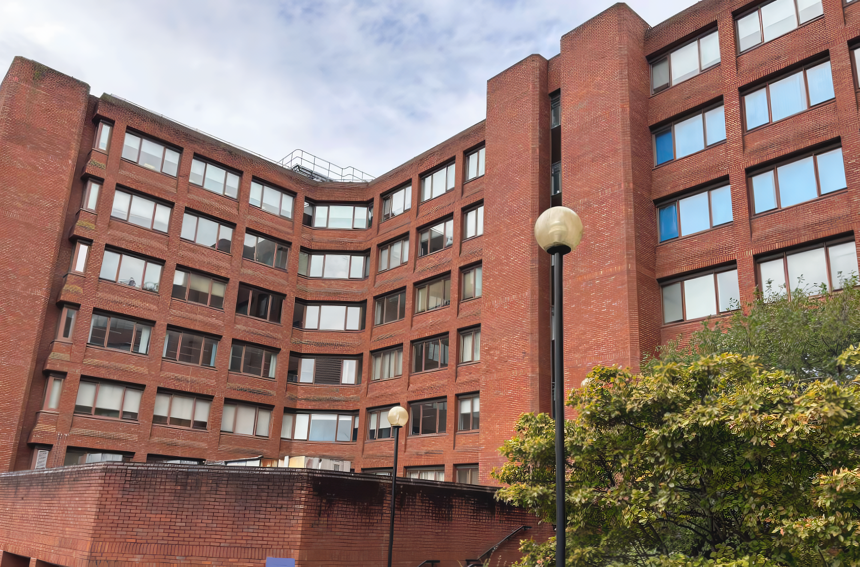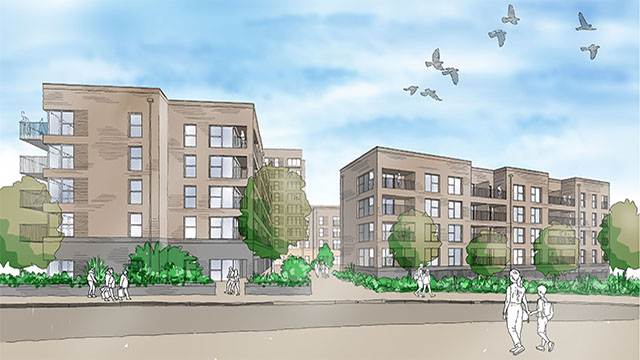Restrictive covenant – Breach – Estoppel – Defendants wishing to develop land in breach of restrictive covenant in favour of claimants – Whether consent or acquiescence to development – Whether claimants estopped from enforcing covenant – Claim allowed
The claimants were the executors of J, who was the owner of a farmhouse. The defendants were the beneficial owners of an area of land around the farmhouse, which J had sold to the fourth defendant (A) in 1990. By that conveyance, J retained for himself the farmhouse, garden and driveway, but granted to A and his successors a right of way over the driveway for the purposes of agriculture. The conveyance also contained a covenant by A, for the benefit of J’s retained property, not to erect any new buildings (other than those for agricultural use only) upon any part of the conveyed property that would be visible from the retained property.
The defendants wished to develop new houses on the site of existing structures, known as the Old Houses, which were situated about 200m away from the driveway. A discussed the matter with J, who expressed interest in the idea but stated that he would like to see the detailed drawings when they were ready. The defendants later obtained planning permission for four semi-detached, four-bedroom houses, and garages, on the land. J was not at any stage shown detailed drawings or notified of the planning permission. He subsequently died.
The claimants sought an injunction to prevent the proposed development on the ground that it would breach their rights under the 1990 conveyance, since the new buildings would be visible from the retained property and access to them via the driveway would not be for the purposes of agriculture.
The defendants contended that the claimants were estopped from bringing such a claim on the grounds that J had, inter alia: (i) consented to the proposed development; or (ii) acquiesced in it, by failing to take action while the defendants advertised their planning application. The defendants submitted that they had incurred expense on the development in reliance upon J’s actions, and that it would, accordingly, be unconscionable for the claimants to enforce their rights to prevent that development.
Held: The claim was allowed.
J’s approval, in 1995, given only in broad and general terms and subject to seeing detailed plans that he never received, did not amount to consent for the defendants’ development. Acquiescence did not deprive a claimant of a legal right unless the test laid down in Shaw v Applegate [1977] 1 WLR 970 was satisfied, namely that, upon the facts of the particular case, it would be dishonest or unconscionable for the claimant to continue to seek to enforce the right. In the instant case, the evidence did not show that J had done anything to encourage or allow the defendants to proceed with any development that was likely to contravene the two relevant clauses of the conveyance. His failure to object to the grant of planning permission did not indicate that he had been content with the proposed development, as there was no evidence that he had even been aware of the planning application. Nor was his action, in removing his possessions from the Old Houses, necessarily attributable to an awareness that development was imminent. There was, accordingly, nothing unconscionable in allowing the claimants to enforce their rights.
Emily Windsor (instructed by Macfarlanes) appeared for the claimants; Jonathan Arkush (instructed by Ashton Graham, of Bury St Edmunds) appeared for the defendants.
Sally Dobson, barrister







